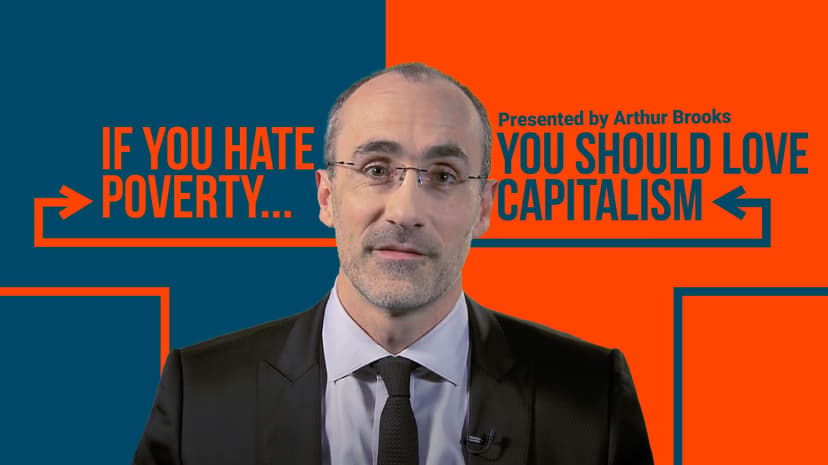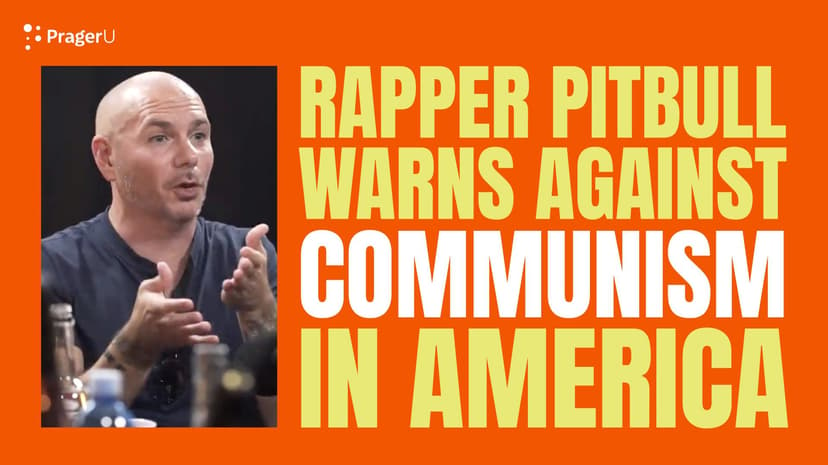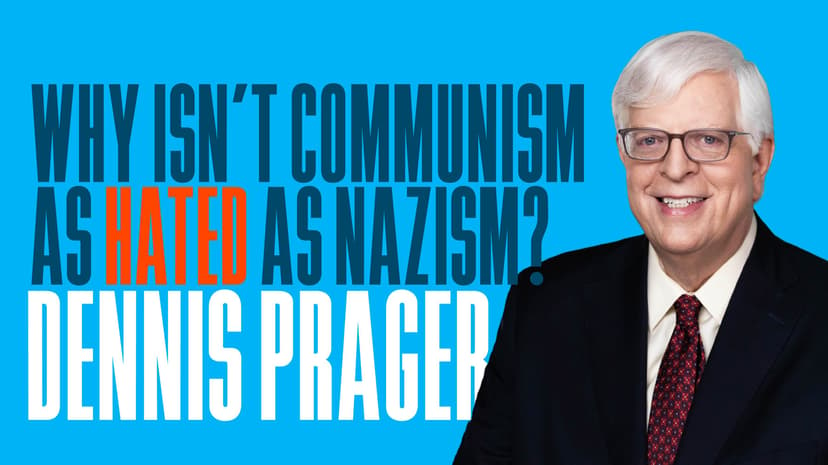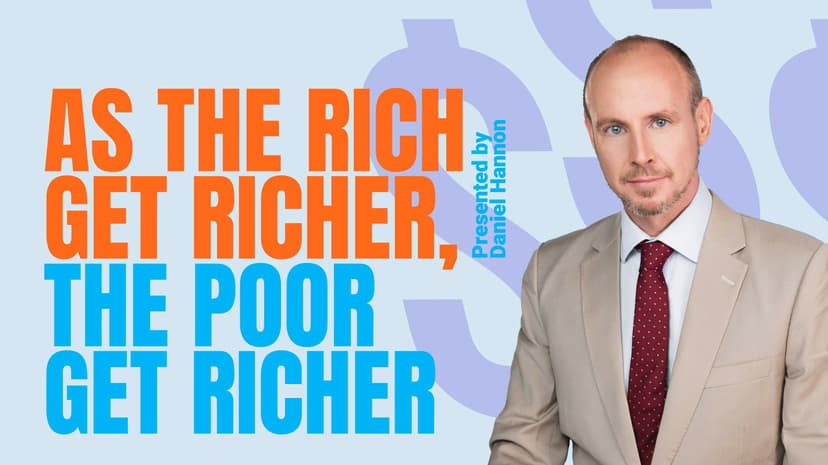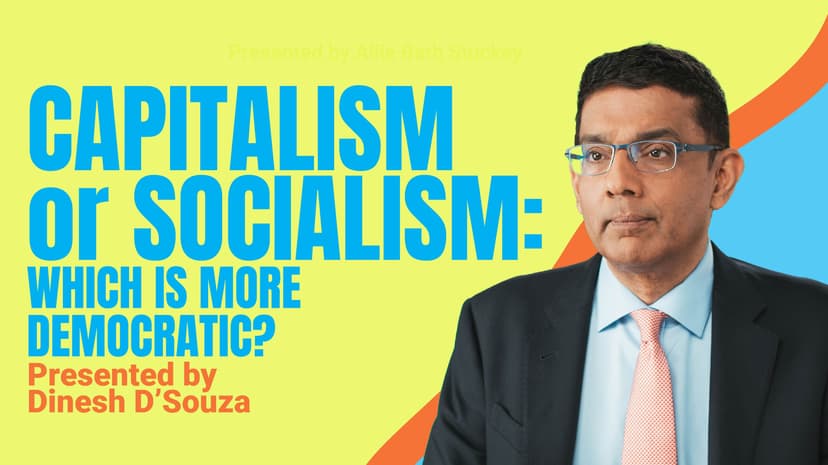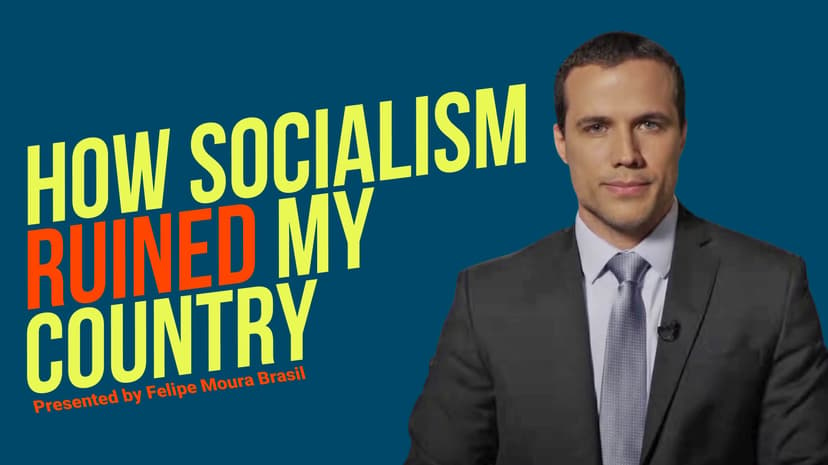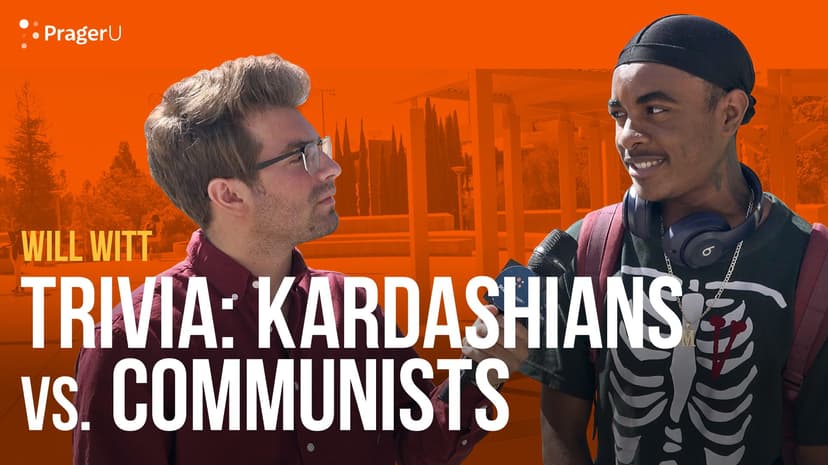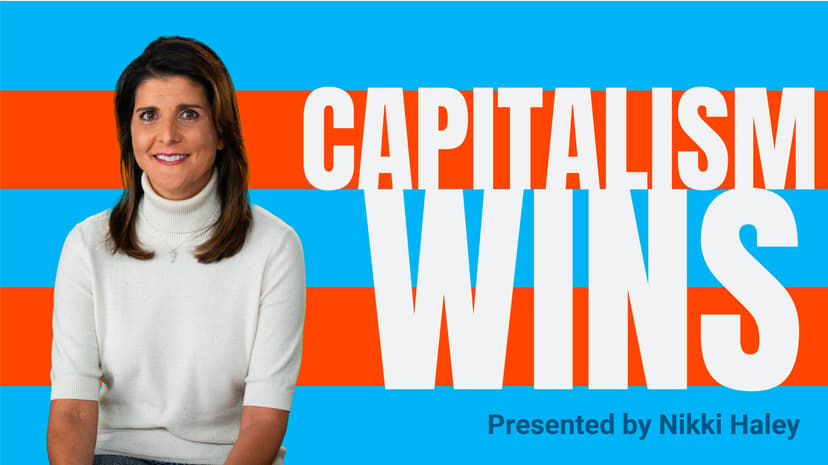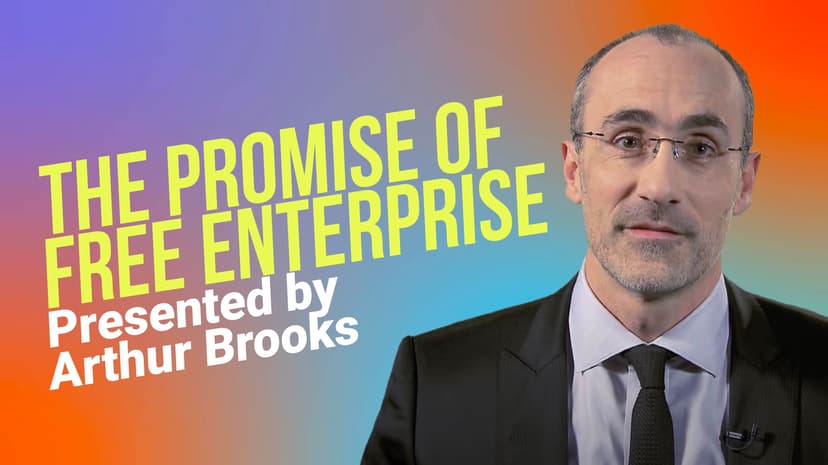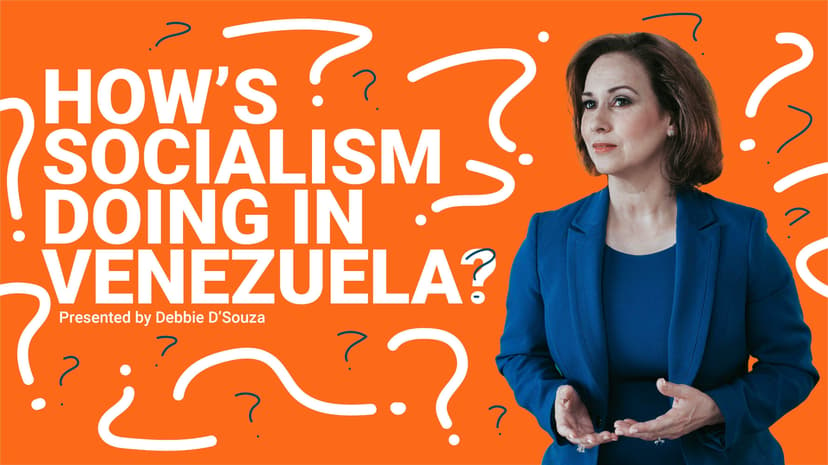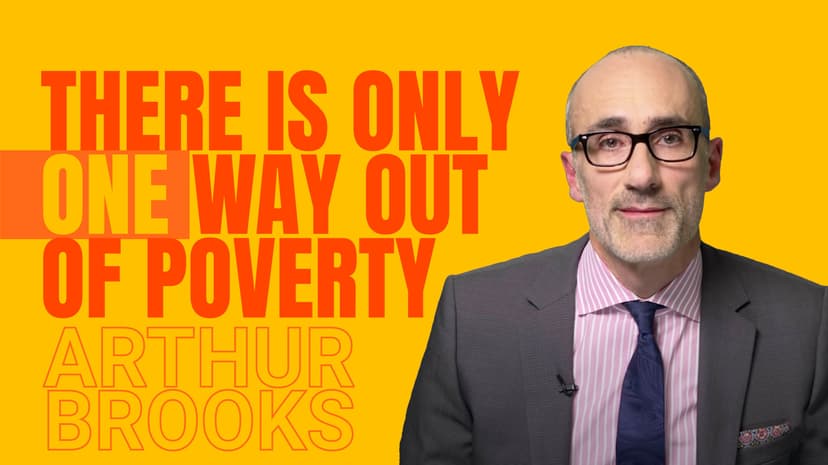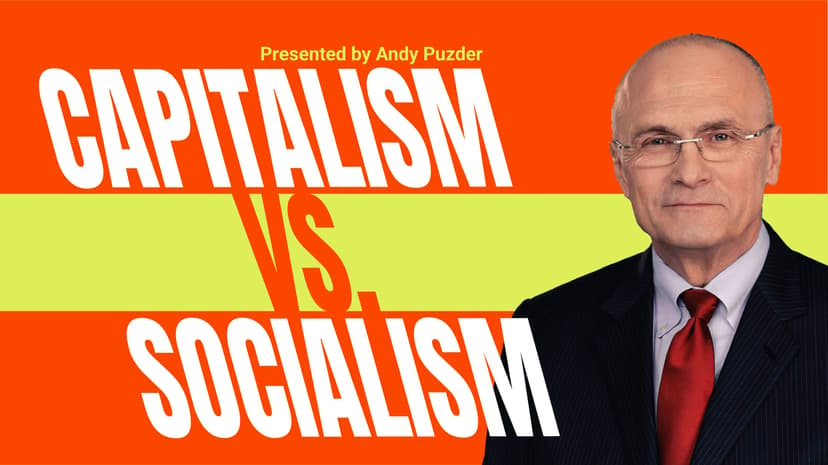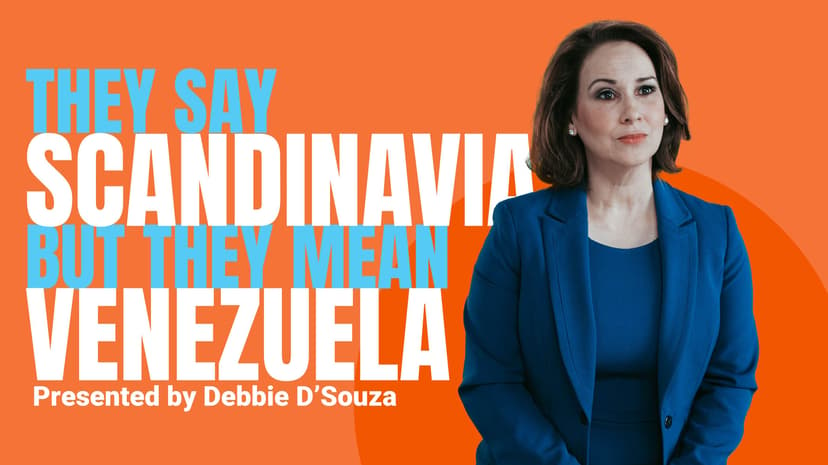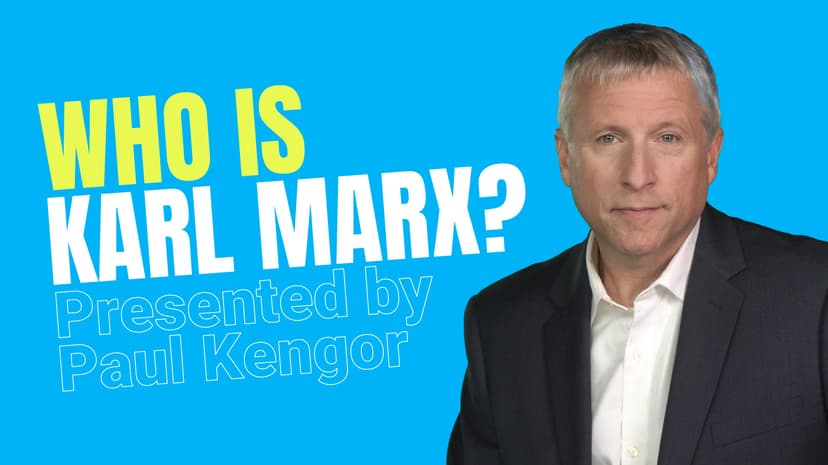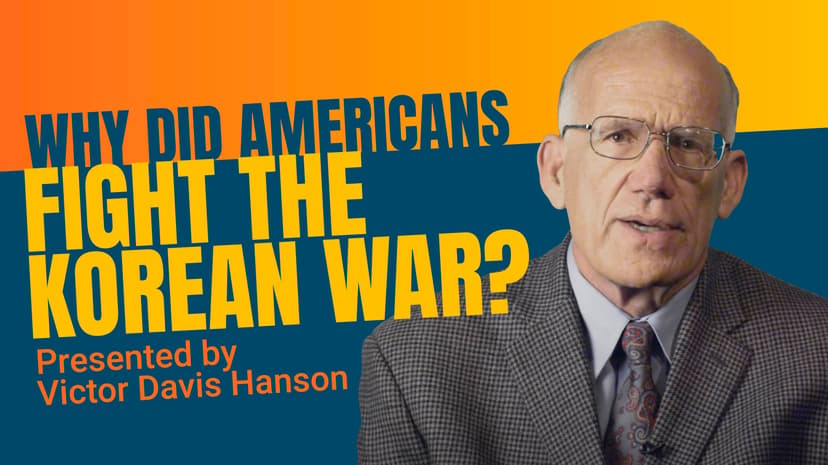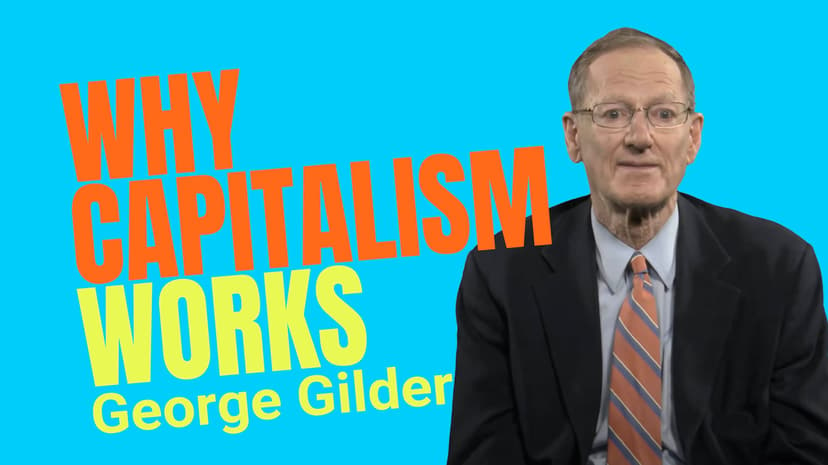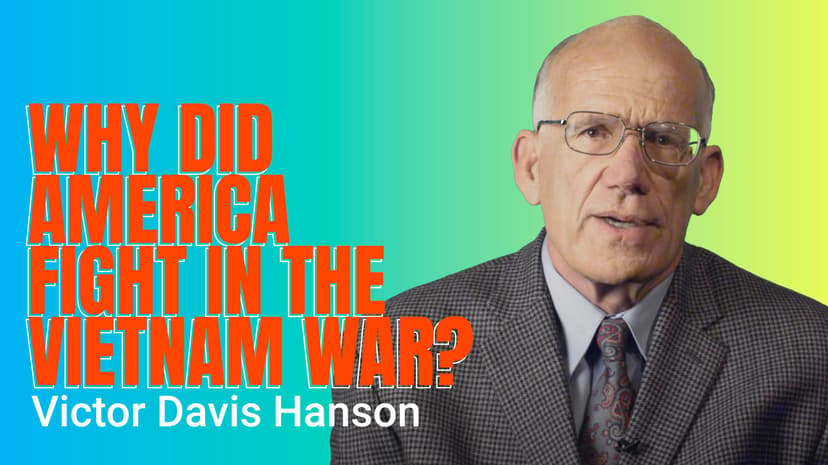Capitalism Saved Communist China
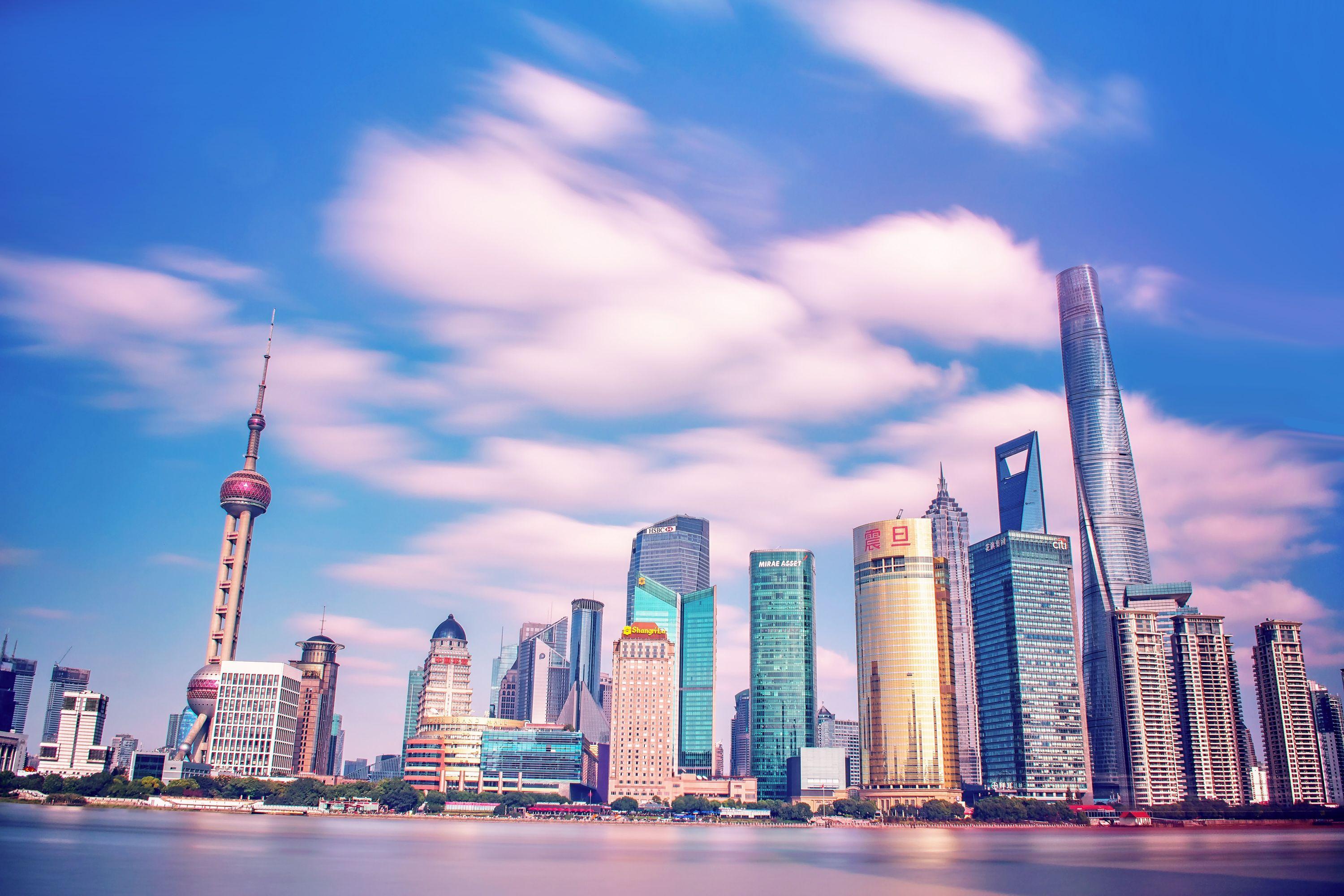
Did Capitalism Save Communist China? presented by Helen Raleigh
How did one of the world’s poorest countries—China—become, in thirty years, one of the world’s richest? There’s a one-word answer. Capitalism.
Here’s how it happened.
In 1949, the Chinese Communist Party (aka the CCP), defeated the Nationalist party in a brutal civil war. The leader of the CCP, Mao Zedong, promised the Chinese people that he would create a new China, a socialist paradise where the benevolent state would take care of every citizen's needs from shelter to education to employment. No more greedy businessmen. Factories would be owned by their workers. No more evil landowners. The state would own all property on behalf of the people. No more hunger. Everyone could eat as much as they want at public cafeterias.
To transform China into this heaven-on-earth, Mao launched radical socialist reforms: industries were nationalized, private businesses were eliminated, and land was confiscated. But rather than turning China into a heaven on earth, these policies turned China into a hell-on-earth. Healthcare was cheap but there was a chronic shortage of doctors, hospitals, and modern medicine. No one was unemployed because the government gave each person a job. But if you didn't like the job you were assigned, well, that was just too bad. Your government-assigned job was tied to your food ration. No work, no food.
Speaking of food, it wasn’t long after Mao took power that widespread food shortages began happening. My own parents had to get up at 3 o'clock in the morning to stand in long lines outside of a grocery store to get a pound of sugar or several ounces of cooking oil. Often, they got nothing.
Every year was worse than the last. Between 1958 and 1962, China experienced the worst famine in human history. An estimated 45 million Chinese starved to death, victims of their own government’s murderous stupidity. Among the lives lost were my uncle, my grandaunt and her family of five, and my dad's maternal grandmother.
At the time of Mao's death in 1976, more than 90% of the Chinese population lived below the poverty line, earning less than $2 a day. The only equality socialism had achieved was an equal distribution of misery.
Mao's successor, Deng Xiaoping, recognized that this couldn’t go on much longer. The only way to save the CCP's one-party rule was to get the economy going. But how? Deng had no idea.
Fortunately for him, a small group of farmers did. In 1978 these farmers, 18 of them in the village of Xiaogang, made a secret deal with their village leader. After fulfilling the government quotas, they would be allowed to keep any surplus for themselves and sell what they didn’t need.
Such a move was risky because it was a rejection of the CCP's socialist policies. But the result was magical. The first year after this deal went into effect, the 18 farmers produced more grain than the entire village had produced in the previous 10 years combined!
Never miss a new video. Join for free.
The “Xiaogang model” began to spread to other villages. When Deng heard of it, rather than punishing the farmers, he had the good sense to recognize that these simple peasants had shown him how to revive China's economy. Soon after, Deng announced sweeping economic reforms. He opened up China to the outside world, inviting foreign investments, and most importantly, loosening the government's grip on the Chinese people.
The results were nothing less than astonishing. The freer the Chinese economy became, the wealthier the Chinese people became. In the space of three decades, 800 million Chinese people emerged out of poverty. Chinese cities now match and exceed the greatest cities of the West, skyscraper for skyscraper.
The CCP likes to pat itself on the back for China's economic miracle. However, the real credit should go to free-market capitalism and 18 brave farmers who risked their lives to give it a try.
In recent years, China’s growth has slowed precisely because the current CCP leadership has moved back to a model that asserts ever more government control. The country is becoming less free with each passing year. The CCP uses technology such as facial recognition, surveillance cameras, and control of the internet to monitor its citizens' every move.
More and more there are signs that the CCP is reverting to its Maoist past. That’s bad for China. And bad for the world.

